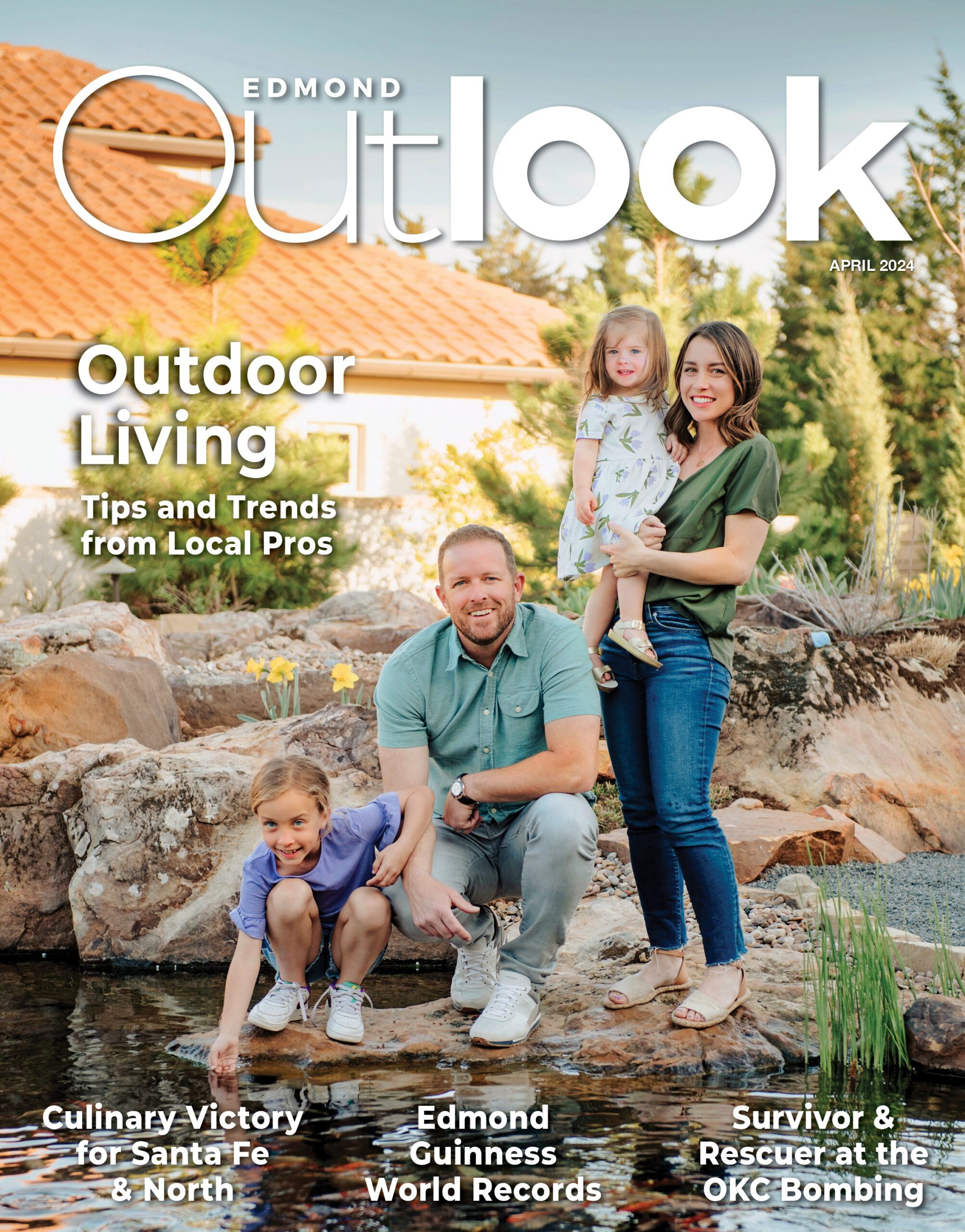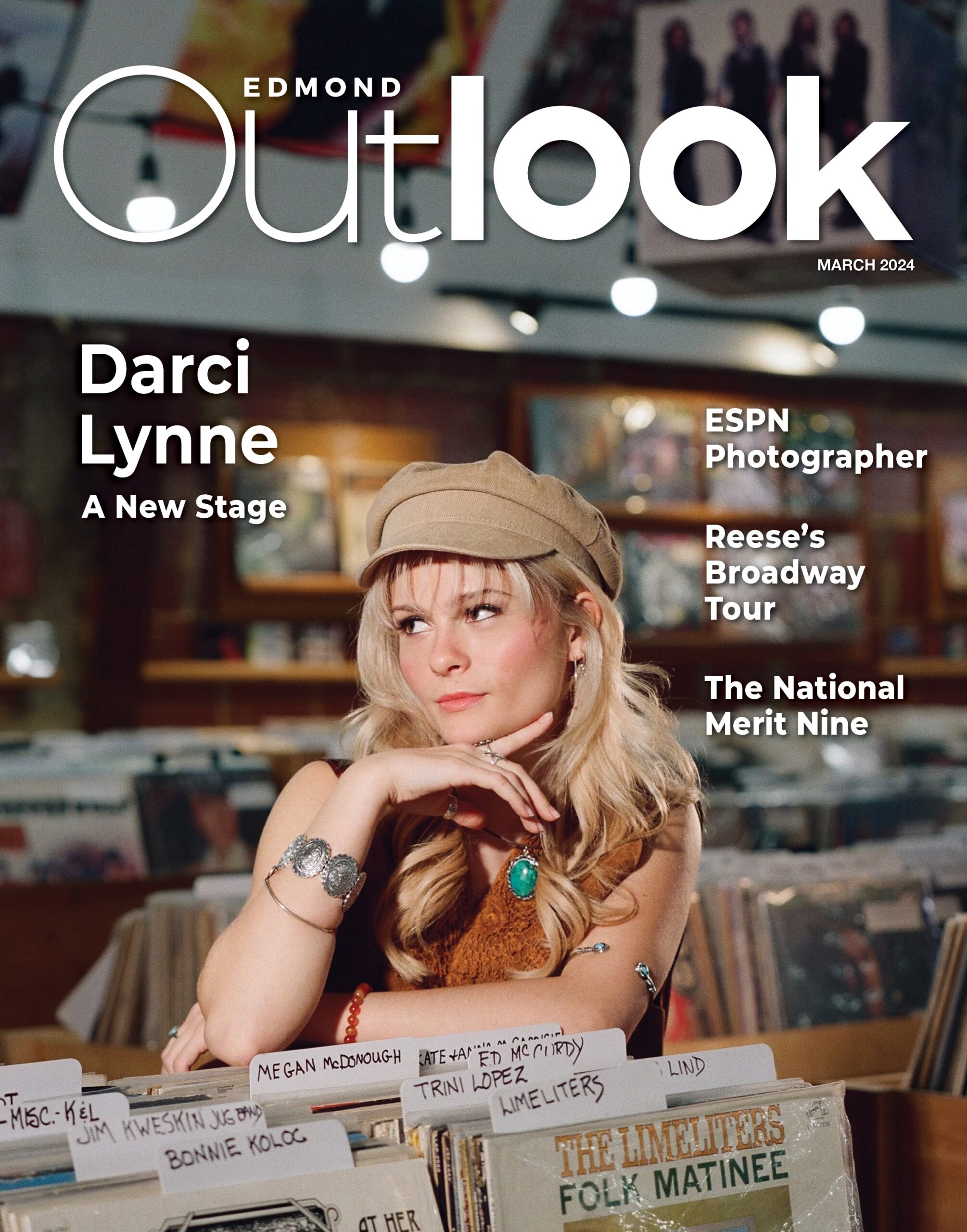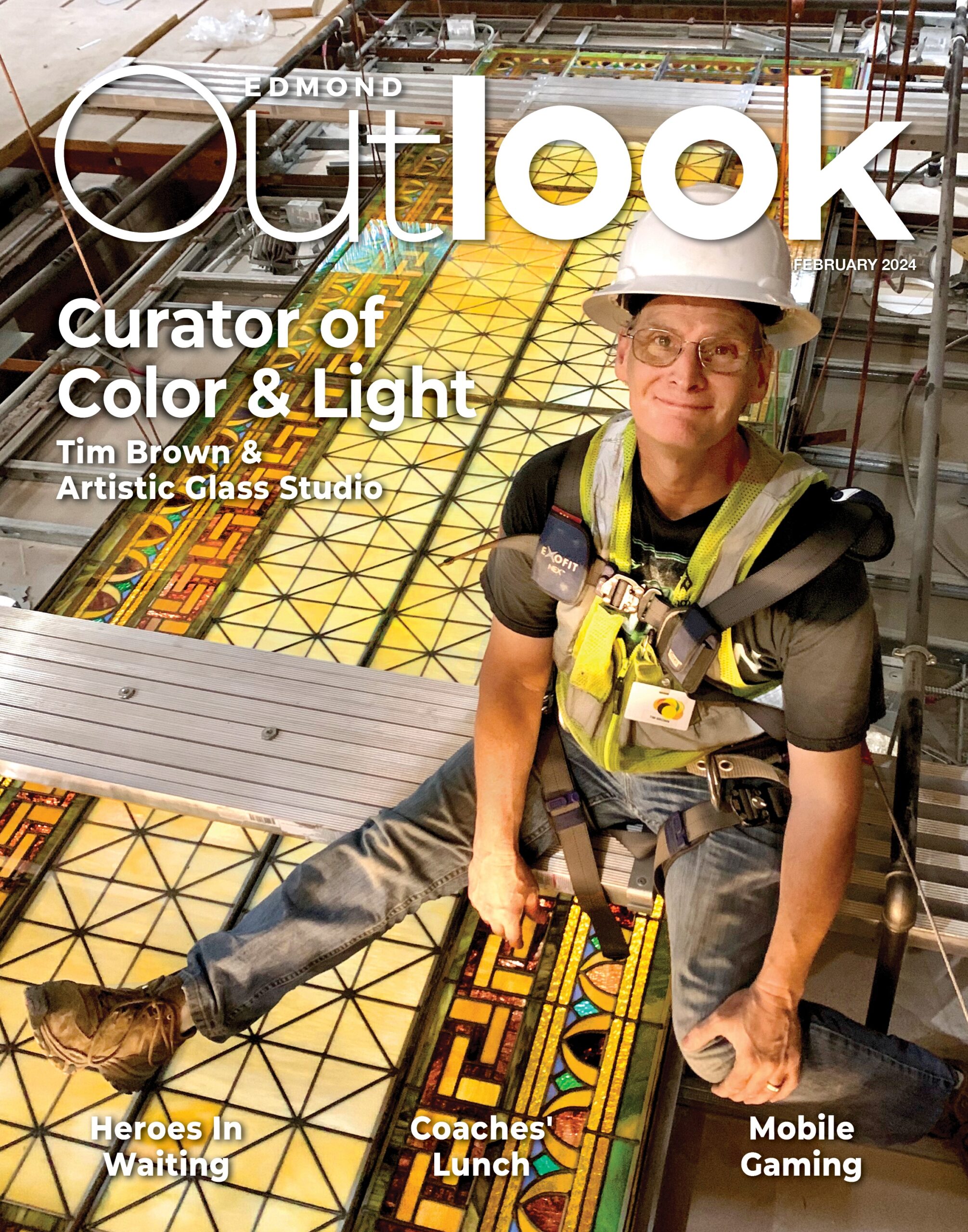Touch and Remember
Diagnosed with Alzheimer’s about two years ago, former U.S. Marine Stan McGilbray has some trouble remembering day-to-day activities but can always rattle off his military ID number and dates of service without hesitation.
“They always say a marine is always a marine, and that is very true,” said his wife and caregiver Phyllis McGilbray. Stan served in the U.S. Marines from March 23, 1968, to March 22, 1972. He looks back on that time in his life with great pride and because of that, Phyllis, a registered nurse who retired to care for Stan, has filled their Oklahoma City home with visual reminders to trigger those cherished memories.
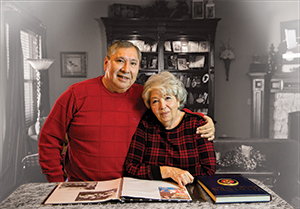 As Alzheimer’s progresses, photographs and other visual reminders become more and more important for Alzheimer’s patients to remember family members and other relationships. The Alzheimer’s Association recommends using photos and thought-provoking items to spark memories.
As Alzheimer’s progresses, photographs and other visual reminders become more and more important for Alzheimer’s patients to remember family members and other relationships. The Alzheimer’s Association recommends using photos and thought-provoking items to spark memories.
One of Stan’s favorite items is a book of U.S. Marine history. The book has its own place on the couple’s nearly floor-to-ceiling living room bookcase. Other military memorabilia and family photographs line the shelves.
Phyllis, 67, teaches part time at East Central University and is an adjunct professor at Moore Norman Technology Center. She often lectures at local agencies about caring for those with Alzheimer’s, the most common form of dementia that accounts for 60 to 80 percent of dementia cases.
Stan, 64, was diagnosed with early onset Alzheimer’s just one day before his mother Vera McGilbray died of the disease. Like most Alzheimer’s patients, Stan’s symptoms started small. He would drive to an area he was fairly familiar with and call Phyllis, describing the intersection to her and telling her that he couldn’t remember how to get back home.
When caring for Stan, Phyllis said she focuses on visual cues and keeping Stan’s mind and body active, often through events at First Methodist Church in Oklahoma City. The great grandson of the Seneca tribe chief, Stan also has been active in the administration of the Creek Nation and keeps a photo album nearby to remember his heritage.
According to Phyllis, caregivers and loved ones can become frustrated with Alzheimer’s sufferers, but they should never lose sight of what is happening to the person. “Sometimes you think, ‘Oh my gosh, how can you not remember this?’ Then you realize they can’t remember. Sometimes it’s hard to be objective with Alzheimer’s,” Phyllis said.
The caregivers at Touchmark at Coffee Creek also know the importance of visual cues for Alzheimer’s patients. The independent living and assisted care living facility includes a memory care unit, and each resident has a “life story box” or “memory box” full of small keepsakes and tactile prompts to help bring back cherished memories.
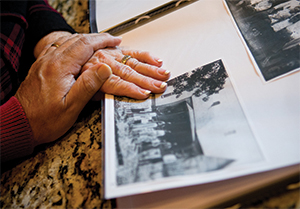 The life story boxes read like time capsules, containing trinkets that the person holds dear and that trigger memories of life events, loved ones and hobbies. The items also make it easier for caregivers to connect with those in the memory care unit, said Myra Smith, director of Health Services at Touchmark at Coffee Creek. “It gives us something to talk about with them,” Smith said. “It’s just ways to identify with him, to click a memory, to get something to come up, so that you can have a conversation.”
The life story boxes read like time capsules, containing trinkets that the person holds dear and that trigger memories of life events, loved ones and hobbies. The items also make it easier for caregivers to connect with those in the memory care unit, said Myra Smith, director of Health Services at Touchmark at Coffee Creek. “It gives us something to talk about with them,” Smith said. “It’s just ways to identify with him, to click a memory, to get something to come up, so that you can have a conversation.”
Smith gave the example of a woman whose passion had been gardening. Her life story box might contain a packet of seeds, pretty gardening gloves and some artificial flowers. That in itself provides valuable talking points between the caregiver and resident. “So we could talk about planting flowers in our courtyard next spring and ask, ‘What kinds of flowers do you like to plant?’ and start a conversation,” she said.
It’s even an approach Phyllis takes in her own home. She stood before her bookcase and said, “This is like Stan’s memory box.”
Melissa R. Mahaffey, executive director of Touchmark at Coffee Creek said it is still an invaluable tool to make Alzheimer’s sufferers feel connected. “I think it’s soothing for people to reminisce,” she said. “Mostly everyone has memory boxes here. We encourage families to bring things. And if they don’t have items at home then we will find things to put in there.”
For more information about Alzheimer’s, visit alz.org or call their 24-hour helpline at 1-800-272-3500.


